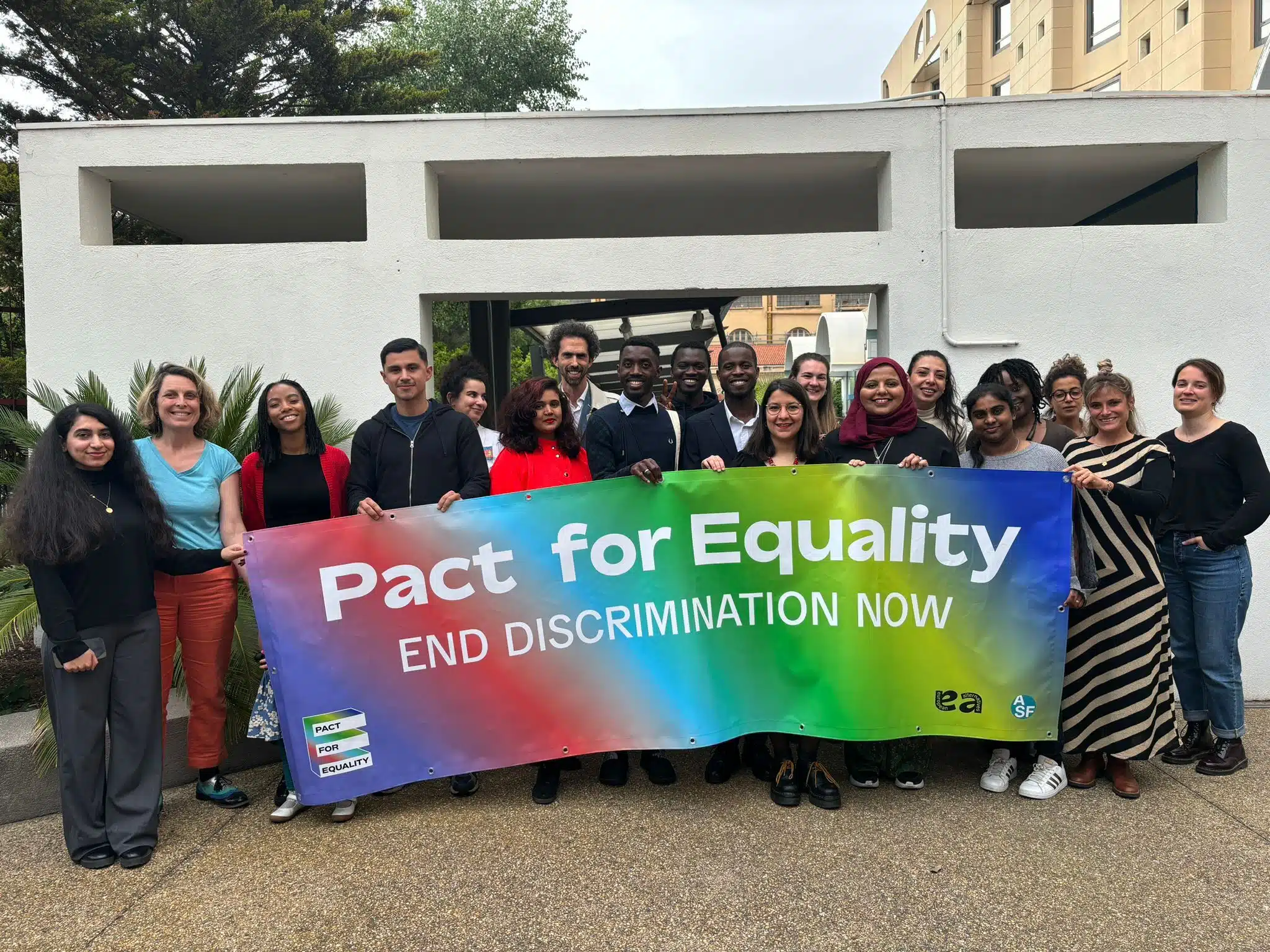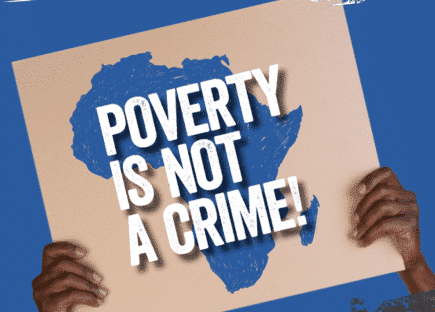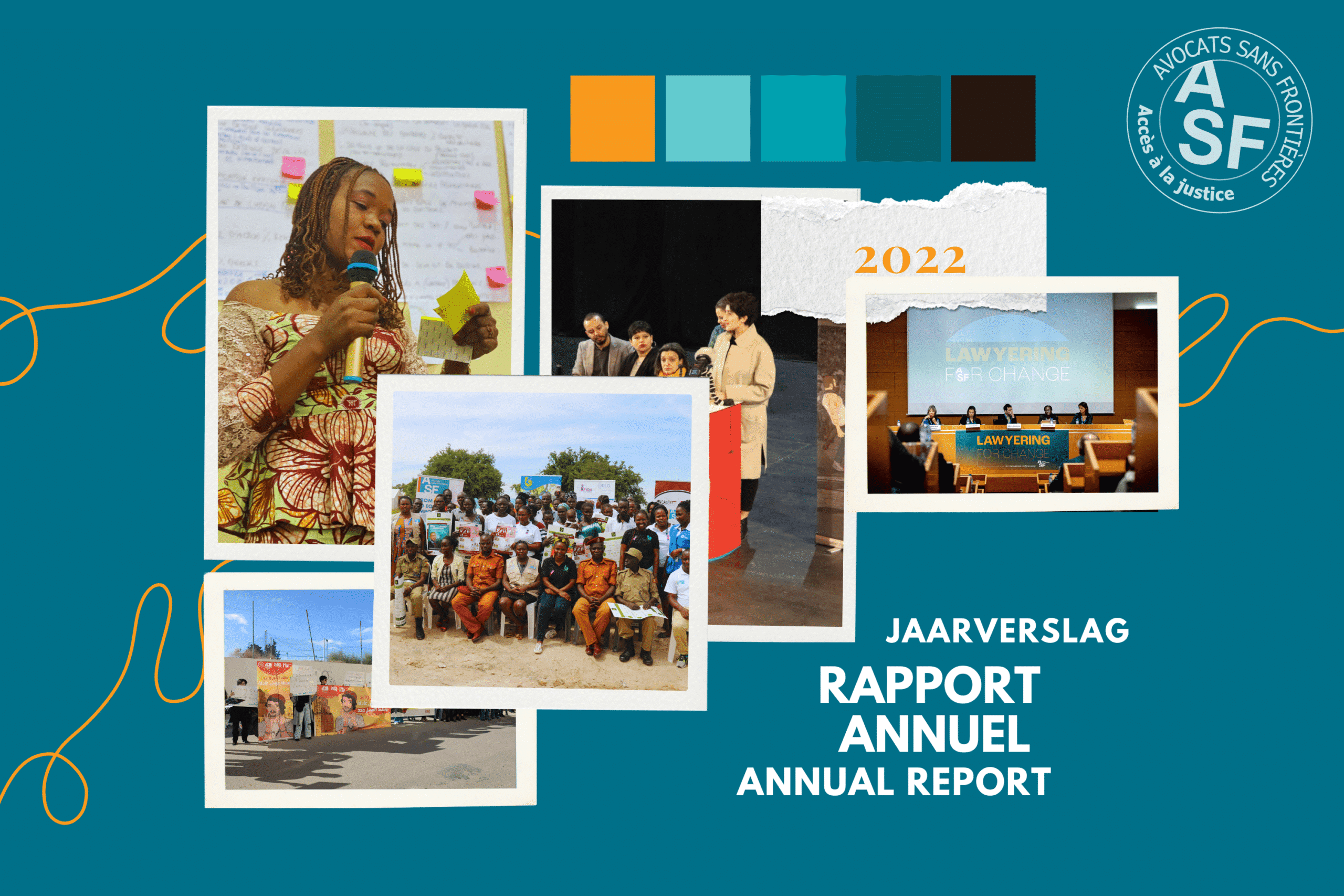Category: Migration
-
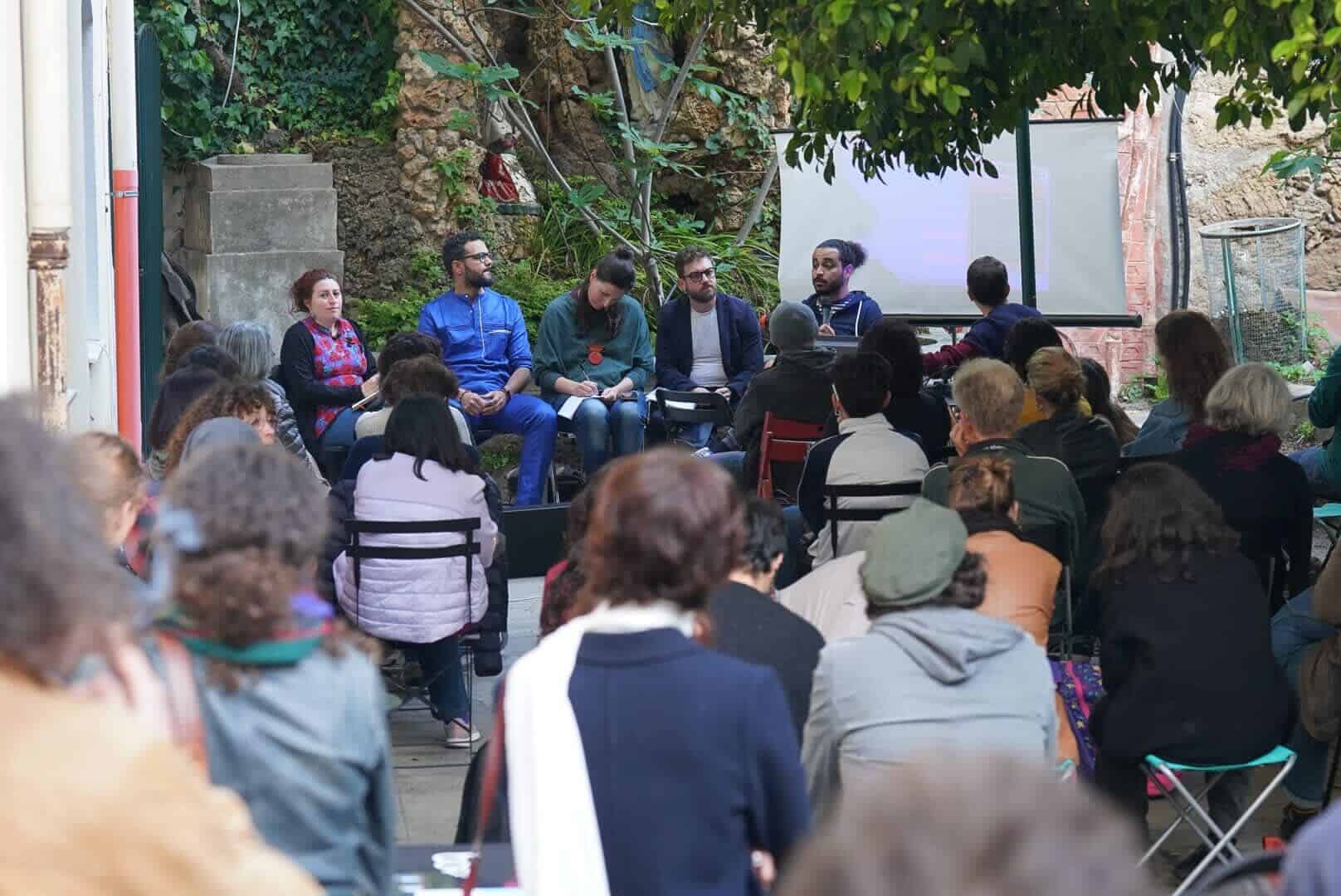
The Euro-Mediterranean region: an area of interdependence and shared struggles for human rights and the rule of law
En 2018, ASF a pris la décision de créer un hub régional dans la région Euro-Méditerranée, basé à Tunis, dans le but de mutualiser les moyens et de renforcer et harmoniser son action dans la région. L’aspect novateur du bureau régional est d’assumer pleinement les liens historiques, économiques, politiques et culturels qui existent entre les…
-
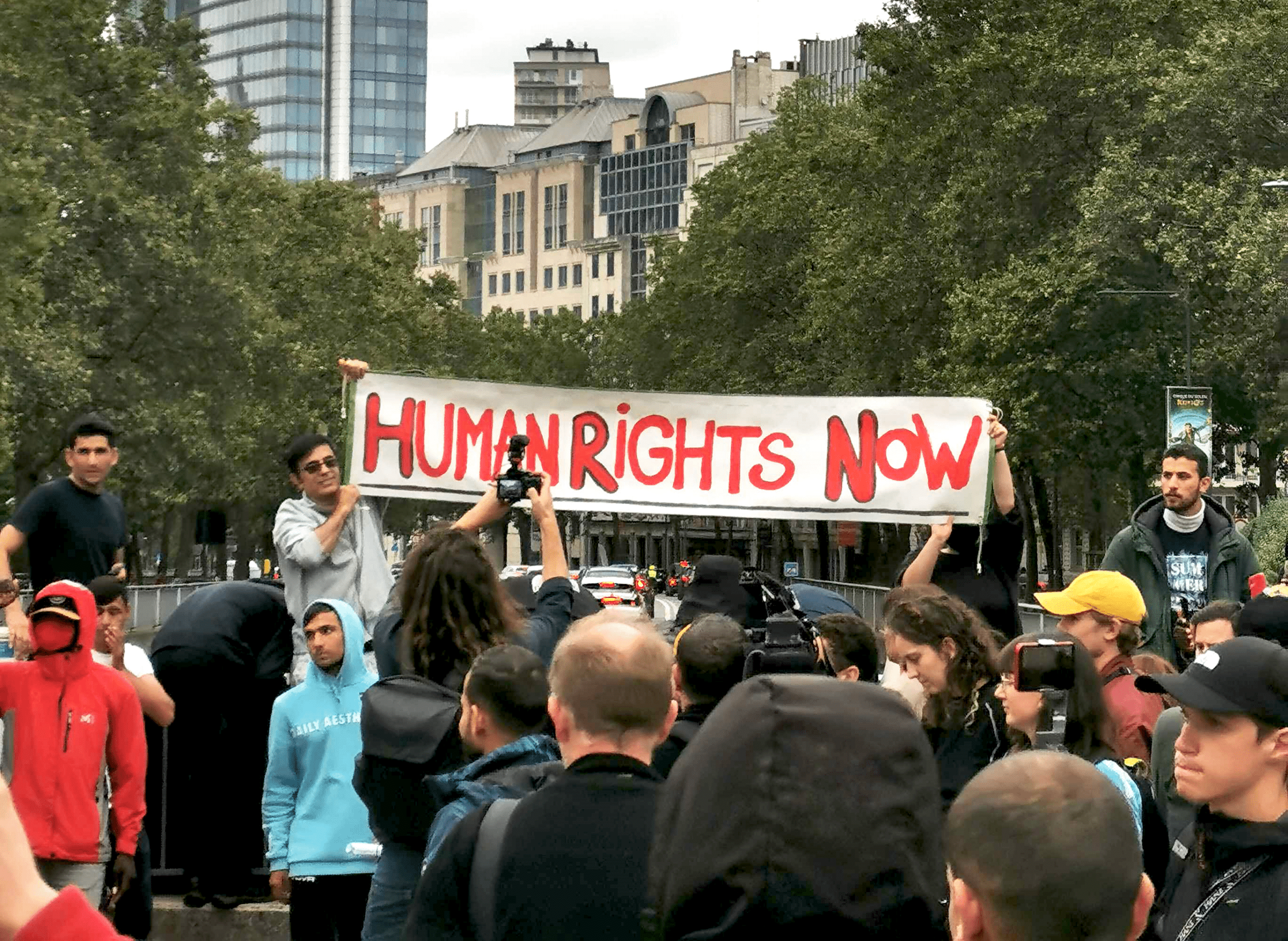
De-securitizing & decriminalising migration and poverty: Advocating for a non-discriminatory approach in European policies
As it is turning away from its foundational values of solidarity and non-discrimination, rooted in international and regional frameworks on human rights, the European Union has entered a crisis of democratic and moral legitimacy. In this Policy Brief, based on the discussion heldd during the European Citizen’s summit, ASF invites the EU to stop considering…
-

Tunisia: People in migration threatened by the rise of discriminatory rhetoric and policies
Because of its geographical position and proximity to the European coast, Tunisia has long been considered a major transit country for sub-Saharan migrants. However, heightened security measures and the militarization of the European Union’s borders, as well as border outsourcing policies, have meant that Tunisia has become a country of settlement for many people in…
-
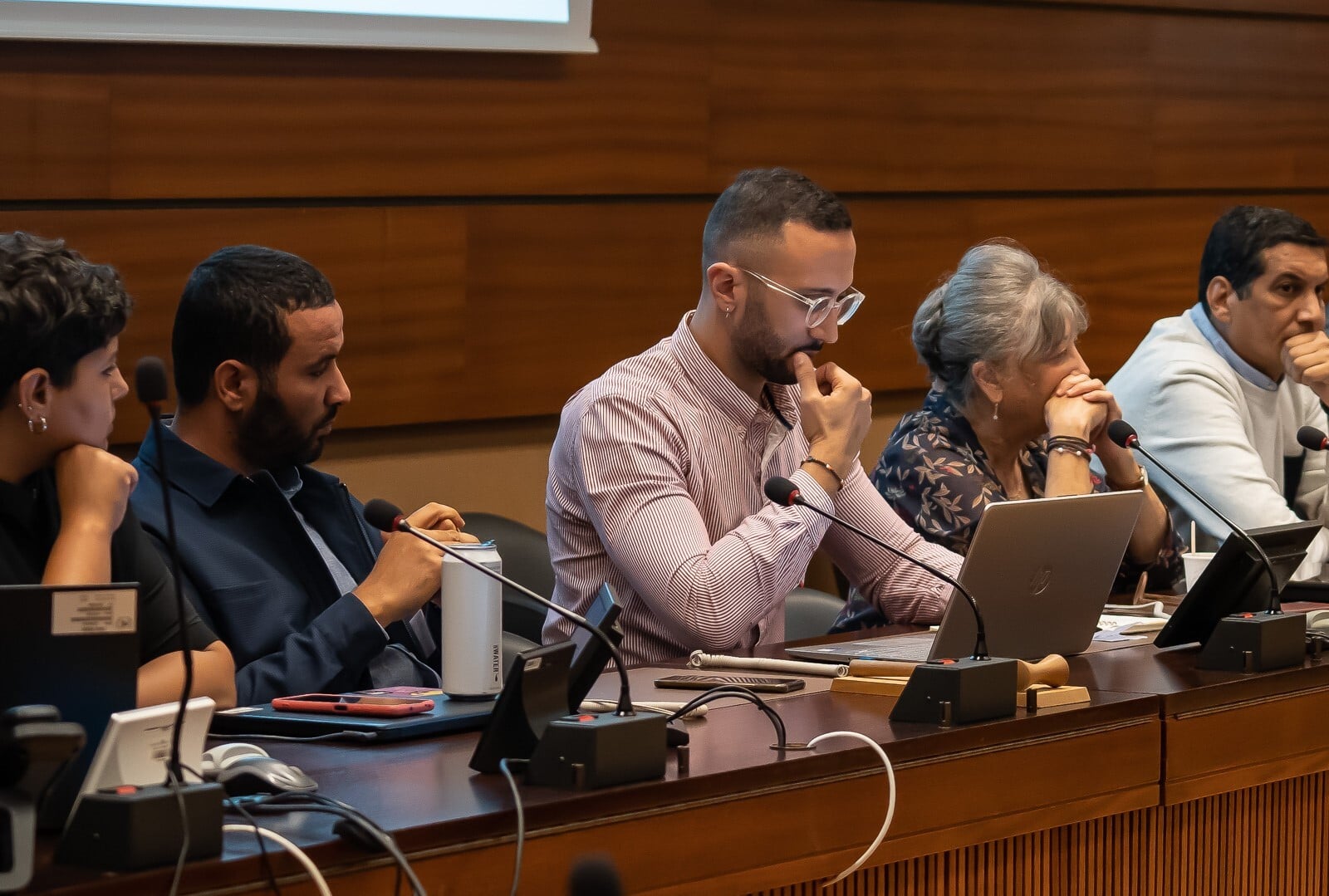
ASF’s Euro-mediterranean regional hub
In 2018, ASF launched a regional hub in the Euro-Mediterranean region, based in Tunis, with the aim of pooling resources and strengthening and harmonising its action in the region. The innovative aspect of the regional office is to fully assume the historical, economic, political and cultural links that exist between the two shores of the…
-
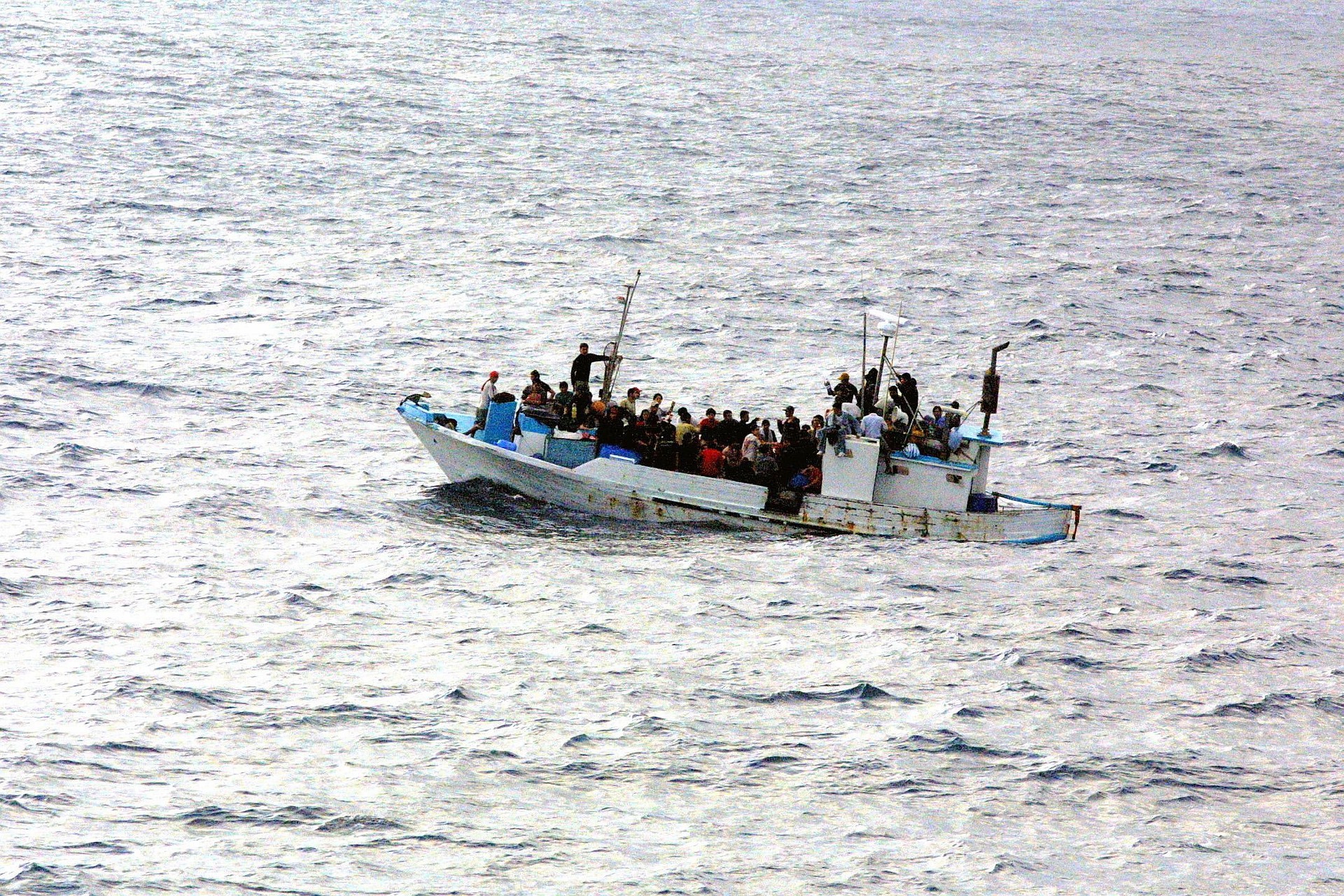
Migration, a major strategic issue
Since 2014, more than 20,000 people have lost their lives trying to cross the Mediterranean Sea from Africa to Europe. One of the main reasons behind this heavy human toll is the decision of EU Member States to close safe and legal access routes to Europe.
-
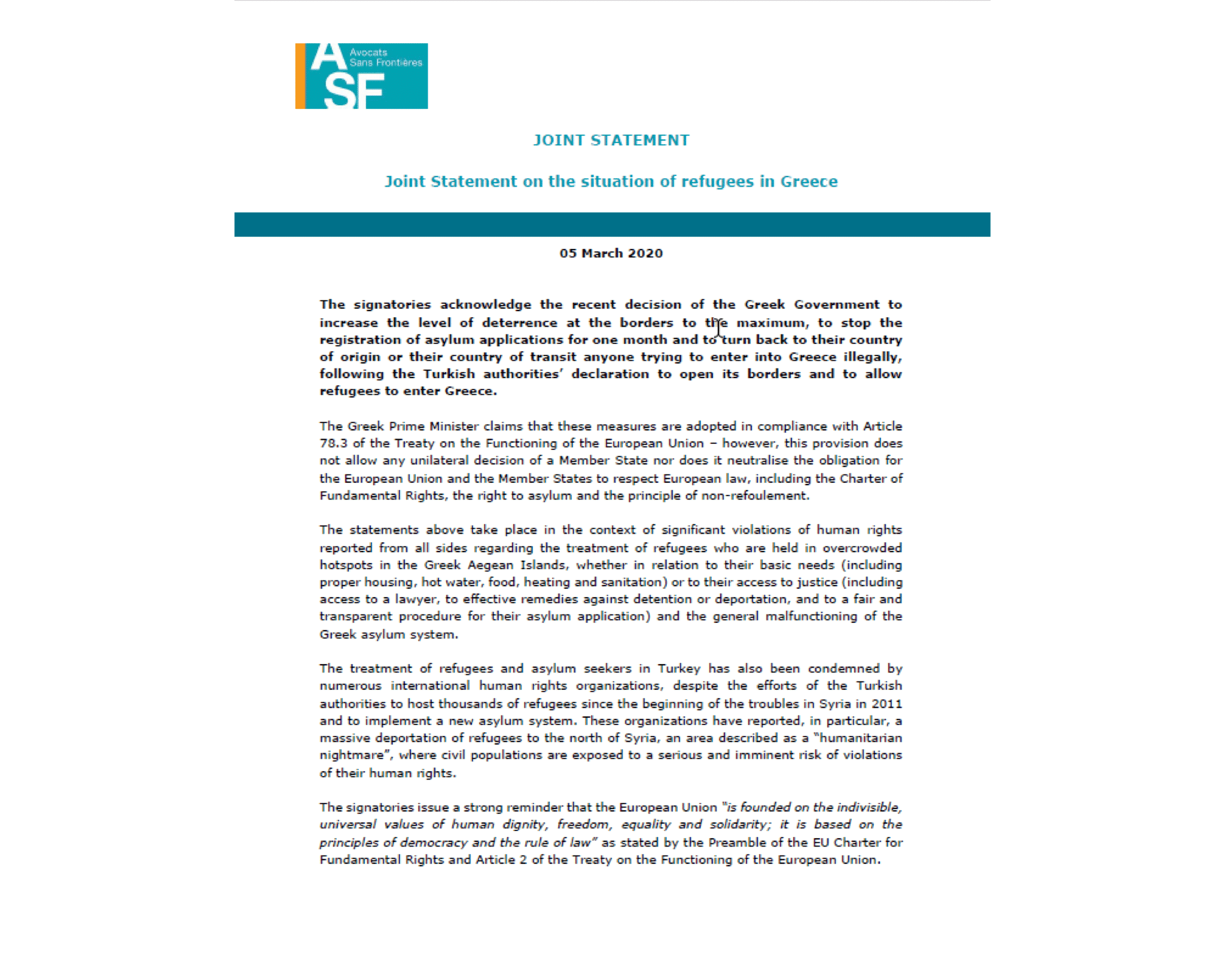
Joint statement on the situation of refugees in Greece
The signatories strongly condemn all violation of human rights of those seeking asylum in the European Union. On no account does the protection of the EU’s external borders exempt EU Member States from their obligations under European law. None of the current Greek practices of suspending registration of asylum applications, pushing back refugees arriving from…
-
ASF receives a donation from the Belgian Development Cooperation to combat human trafficking in Tunisia
Today, ASF received an exceptional donation of €50,000 from the Belgian Development Cooperation. The Belgian Minister of Development Cooperation, Alexander De Croo, personally presented a cheque to ASF as part of the solidarity event “Music for Life”.

